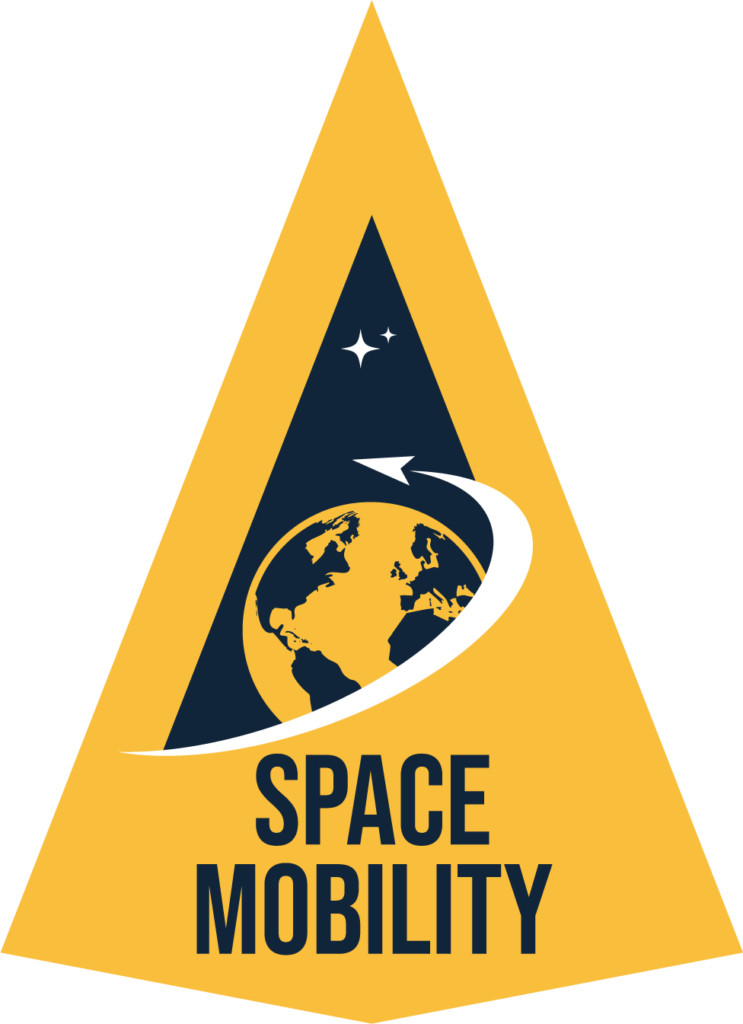Co-Located with SpaceCom | Space Congress
Orlando, Florida

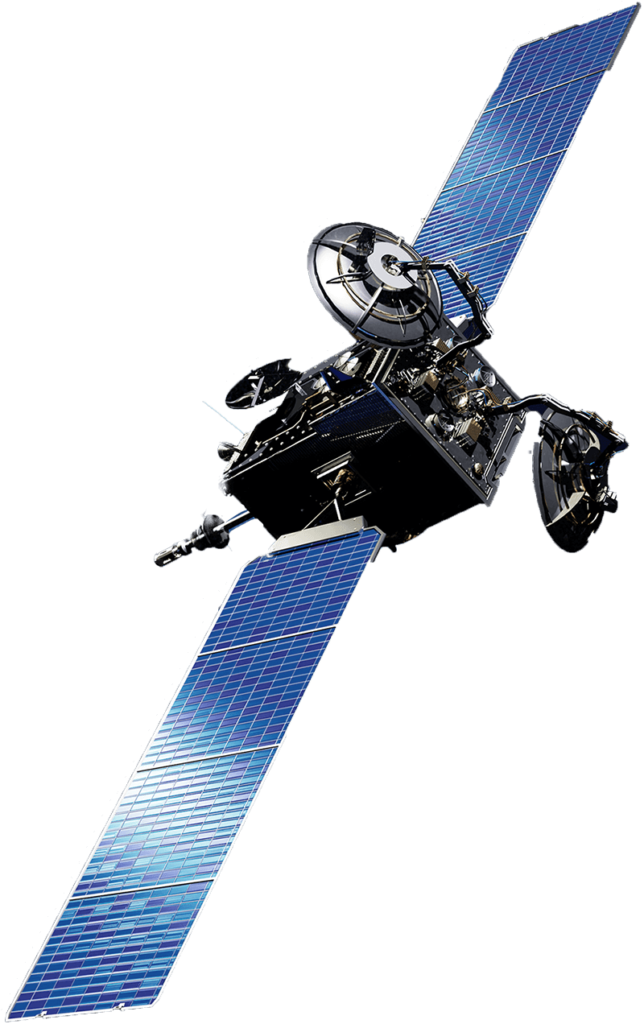

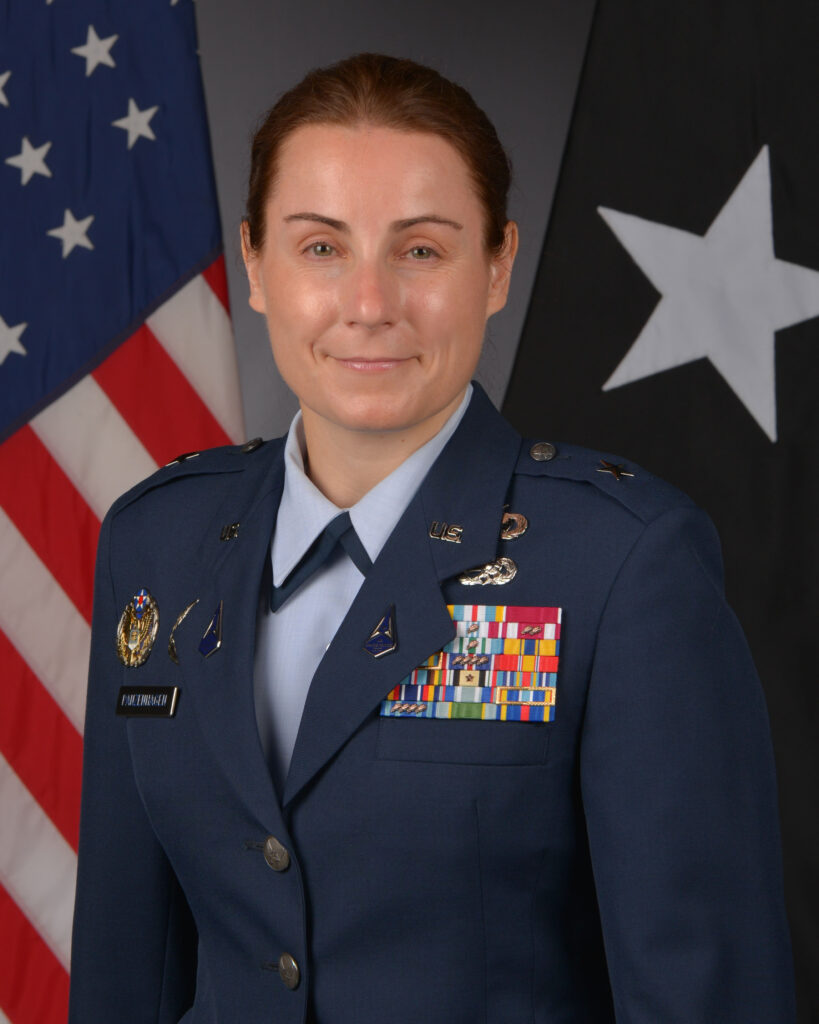
Brigadier General Kristin Panzenhagen To Hold Fireside Chat at Space Mobility Conference
As PEO, General Panzenhagen is responsible for organizing, training and equipping 22,000 government and contractor personnel at SLD 45 at Patrick Space Force Base (SFB) and Cape Canaveral Space Force Station (SFS), SLD 30 at Vandenberg SFB, and the Launch Enterprise Directorate at Los Angeles and Kirtland Air Force Bases. Additionally, she leads the acquisition, integration, development, production, operation, and sustainment of the $13.5B National Security Space Launch Program, Rocket System Launch Program, and Launch and Test Range System Program. As SLD 45 Commander, she is responsible for base infrastructure for more than 15,000 military, civilians, contractors, and dependents at Patrick SFB, Cape Canaveral SFS, and Ascension Island. She also leads the safe and secure payload processing and launching of U.S. government and commercial satellites from Cape Canaveral SFS, Florida. As the U.S. Space Force Director of the Eastern Range–a 15-million-square-mile area with approximately 90 launches in 2023 on Falcon 9, Falcon Heavy, Atlas V, Delta IV Heavy, U.S. Navy’s Submarine-Launched Ballistic Missile, and Astra Rocket 3–she is the final approval authority for all launches, landings, and DoD testing to include Kennedy Space Center satellites and human spaceflight. Finally, as Director of Launch and Range Operations, she provides policy guidance and resources for the Space Force’s $30B Eastern and Western Range space launch, ballistic missile test and hypersonic support range portfolios.
As the only field command level event, top-ranking defense officers and commercial industry leaders mobilize to identify and solve acquisition gaps and synchronize logistics capabilities & requirements to sustain resiliency and superiority in the highly contested space domain.
By closing the gap between government and industry, we will increase space access through launch facilities and services, enable rapid delivery of payloads and point to-point cargo, and advance in-space mobility & logistics.
Space Mobility Conference began in 2023 as a joint initiative between U.S. Space Force Space Systems Command leadership and SpaceCom to specifically support the Assured Access to Space (AATS) program.
Conference Topics
The Space Mobility Conference program will cover national service-based infrastructure needs for spaceports, launches and on-orbit maneuvering as they relate to our national defense strategies. In these discussions other themes will be prevalent such as:
On-Orbit Servicing, Mobility, and Logistics (Dynamic Space Operations Focus)
Leveraging Commercial Support to Military Operations
Rapid Delivery from/through Space
Spaceport Resiliency Through Global Partnerships
- And More
Space Access
Rapid Delivery
Orbital Resiliency
Who Attends
government Agencies
Federal and civil agencies seeking prime contractors from the commercial sector to fulfill their government contracts and space projects.
- Commercial Spaceflight Federation
- DARPA
- Defense Innovation Unit
- Department of Commerce
- Department of Defense
- Department of Energy
- Missile Defense Agency
- NASA
- National Reconnaissance Office
- National Space Council
- NOAA
- Space Foundation
- Space Systems Command
- U.S. Air Force
- U.S. Army
- U.S. Navy
- U.S. Space Force
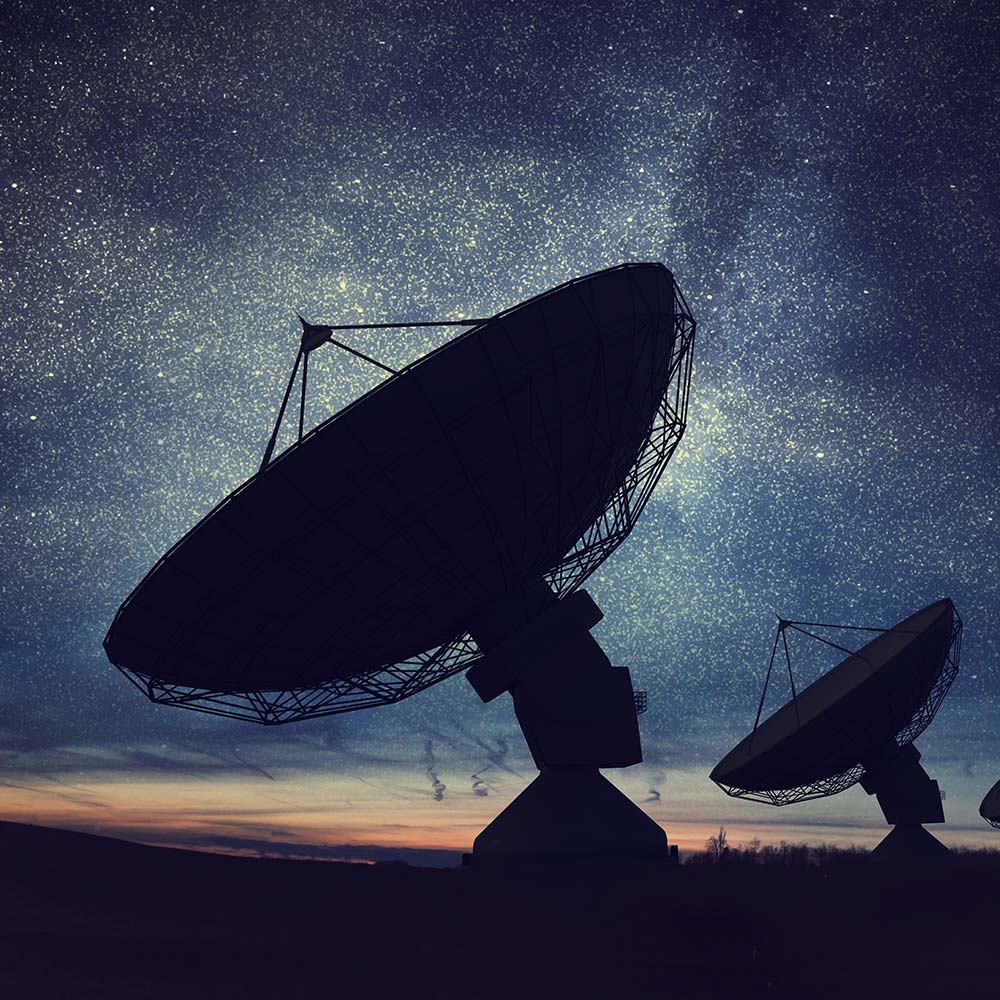

industry organizations
- Aerojet Rocketdyne
- All Points
- Amazon Web Services
- Astroscale
- Axiom
- Blue Origin
- Boeing
- Jacobs
- Leidos
- Lockheed Martin
- L3 Harris
- Nanoracks
- Northrop Grumman
- Raytheon
- Redwire Space
- Rocket Lab
- Sierra Space
- United Launch Alliance
- Voyager Space
launch providers
- ABL
- Adaptive Launch Solutions
- Blue Origin
- SpaceX
- The Launch Company
- The Spaceport Company
- United Launch Alliance
- Vaya Space
- Virgin Orbit National Systems
- York Space Systems


international organizations
- Austrade
- Canadian Space Agency
- European Space Agency
- Italian Space Agency
- JAXA
Board of advisors
Colonel Mark Shoemaker, USSF
Colonel Mark Shoemaker, USSF
Colonel Jim Horne, USSF
Colonel Jim Horne, USSF
Mark Bontrager, USSF
Mark Bontrager, USSF
Walt Jackim, USSF
Walt Jackim, USSF
Steve Jacques
Steve Jacques
Isaiah Wonnenberg
Isaiah Wonnenberg
Rich Lamb
Rich Lamb
Brian Lagana
Brian Lagana
George Nield
George Nield
Rob Long
Rob Long
Colonel Joyce Bulson, USSF
Colonel Joyce Bulson, USSF
Colonel Edward Ferguson, USSF
Colonel Edward Ferguson, USSF
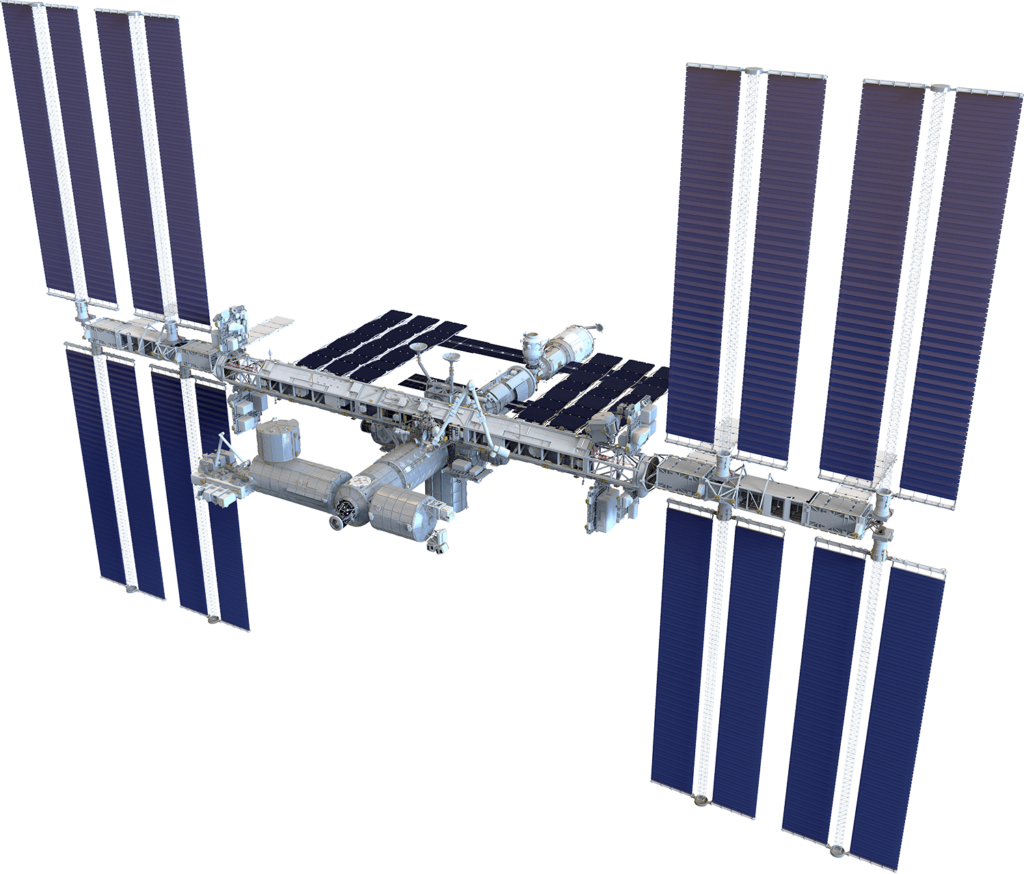
commercial space week
The co-location of Space Mobility with SpaceCom | Space Congress and the Global Spaceport Alliance Spaceport Summit brings together the entire ecosystem of space ventures.
Bringing together space and government agencies, prime commercial space companies, military and intelligence organizations, start-up organizations, investors and beyond creates an environment that inherently fosters the conversations that turn into action.

CONFERENCE: JANUARY 29-30, 2026
EXPO: JANUARY 28-30, 2026
SpaceCom | Space Congress brings together the entire space ecosystem including sub and prime contractors, international agencies and organizations, space tech end-users, civil government branches such as NASA, the DoD, global spaceports and so many more.
This is the central resource for integrating people, organizations, solutions to ignite innovation to better the planet & humankind.

January 27, 2026
GSA’s Annual Summit is the single largest meeting in the world that brings together spaceports, spaceport service providers, and those requiring diversified launch facilities.
During the summit, participants will collaborate on navigating source funding, policy, spaceport design & construction, and more–with the ultimate mission of creating a globally viable spaceport network and how to do so as expeditiously as possible.
Thank You Sponsors
Dress for Conference is Operational Camouflage Patterns (OCP)
Contact Us
Show Management
Alexandria, VA 22314
© Copyright 2022
Privacy Policy

